My take on what self-care really is
Bathe, read, and give thanks.
The photo shows a bathtub with tea and candles. Is this what self-care is? Photo by Microsoft stock.
What is dessert? What is goodness? What is self-care?
I don’t ask the questions lightly because in our culture self-care is associated with pampering, like something extra that we splurge on on occasion. That makes self-care something like having dessert in that you should not have it too often and you can’t make a meal out of it. This kind of association means other things, too: namely, surviving and paying bills, are always more pressing and more important than having dessert and doing self-care. In the extreme case in our productivity-obsessed culture, the wellbeing of others is more important than your own wellbeing, especially if money or obligations are involved.
In our culture, how did self-care get a strange reputation of getting facials, buying nice clothes, taking bubble baths, getting massages and manicures and neat haircuts? The weird idea is that all these things point to caring for the body only. Sure, all those things can be a kind of self-care, but whole-person self-care is way bigger than that.
Life is complex and so are you.
The complexity of being human is the reason I put together the whole-person self-care checklist here. Complete, whole-person self-care puts you in touch with what is meaningful to you. This can be ordinary and extraordinary at the same time. Wise teacher of meditation, Richard Miller, said, “If you want to get to know your natural true self, just try not going to the bathroom first thing in the morning.” I remember laughing when heard Richard Miller say this during a ten-day silent retreat. But it also made me think. There is always something, a natural force, moving you toward what absolutely needs to happen next: going to the bathroom, breathing, eating, sleeping, an important memory or thought. Sometimes you ignore this natural signal and push through it for reasons that make sense in the moment. But you can’t do that for long. Sometimes, you absolutely must listen, and it could be harsh, like illness or confusion. When you truly listen to those tiny truth signals consistently in yourself, you are listening to your true nature and listening to what life needs in the moment. That is what self-care practice really is. When you start doing this regularly and consistently, you can start noticing bigger patterns and noticing what life needs. You can then find ways to flow and harmonize with what it is happening. When you are listening like this, may also notice that life is always taking care of itself, if we allow it and encourage it to do so. This means you can play an active part in taking care of life. This is a foundational concept in the practice of meditation, Yoga, Tai Chi, Qigong, and other such practices that are ancient and still benefiting humanity to this day. Call it tapping into your essential nature, aligning with the light, or, my favorite, simply taking care of life. You have an inherent inner power to do so, and this power can be nurtured through acts of self-care.
Tap Into Your Inner Power
When you take action to create health and balance, you steer your life into helpful directions. Doing this is an act of self-determination. Doing this repeatedly through simple acts of self-care, you develop a sense inner power and stability. The key is doing self-care practices that are meaningful to you. So, It is helpful to think of self-care choices as falling into three categories that all together take care of you as a whole person: self-care for the body, for the mind, and for the spirit. When including all three kinds of self-care in your regular routines, your whole self can benefit. As you strengthen these pa6erns of care, you experience the benefits of your care and develop confidence in your own abilities to make a meaningful difference in your own life.
Little things you do in the name of self-care and choosing your life direction can influence the future. Remember: The beneficial effects of your self-care actions are not just for you, but also for the people you care about and for the causes you support. Your growing ability to express love and care skillfully can connect you more deeply to others and the world.
As a reminder of the different kinds of self-care practices and rituals to include in your busy life, the following Whole Person Self-Care Check List can help you do a “system check” of the kinds of self-care you may already be doing as well as self-care you might want to add to your day. Doing varied self-care activities can help you navigate or recover from life stressors. Use these and other simple ideas for reclaiming time and space to breathe, dream and grow.
Tip: Pick one item from each of the three categories to do each day for a week and check items off as you go. Notice the results you get from your consistent pattern of action.
Whole Person Self-Care Check List
Self-care can fit into your life naturally. Here are examples of self-care, some of which you may already be doing regularly.
Self-care for the body examples
Movement and stretching
Good sleep and good sleep habits and routines
Regular exercise
Bathing
Preparing and enjoying nutritious food
Seeking medical care as needed
Self-care for the mind examples
Helpful self-talk
Time management and pacing of activities
Social time with friends and family
Managing stress
Saying “no” to things and activities occasionally
Development of skills and abilities
Self-care for the spirit examples
Spending time in nature
Meditation
Gratitude practice and journaling
Self-compassion and compassion for others
Prayer
Reading inspirational and uplifting text
Portions of this blog post appear in the Tai Chi Easy™ for Vitality and Health user manual, co-written by Josie Weaver.


